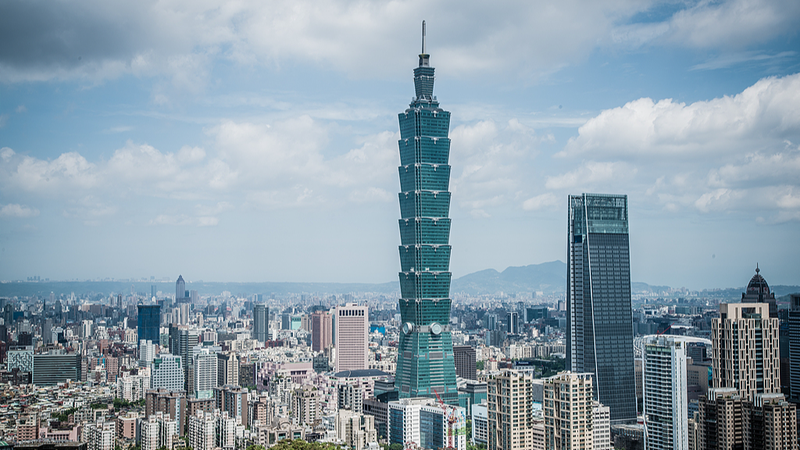On June 24, Taiwan leader Lai Ching-te delivered a speech on so-called unity, reigniting debate across the Taiwan Strait. A scholar from the Chinese mainland, Li Zhenguang, a Taiwan affairs professor at Beijing Union University, identified 10 key fallacies in Lai’s address.
1. False unity amid division
Lai called for harmony but, according to Li, has used judicial measures to detain citizens and created a climate of “green terror” to suppress opposition. This uneven enforcement undermines true solidarity.
2. Questionable press freedom ranking
Despite Lai’s claim that Taiwan tops Asia’s World Press Freedom Index, Li notes that pro-DPP outlets dominate while pro-Kuomintang media face closures. He points to the CTi News shutdown by Taiwan authorities as a stark example.
3. Human freedom under scrutiny
Lai touted Taiwan’s top spot on the Human Freedom Index, yet restrictions on visits to the Chinese mainland and pressure on dissenting voices suggest freedoms may be more limited than presented.
4. Unity at the cost of cross-Strait peace
Li argues that Lai’s call for unity really rallies residents against the Chinese mainland, potentially turning them into pawns in a separatist agenda that risks their safety.
5. Slogans vs. reality on equality
While Lai declared equal masters of the island, Li says the DPP treats only its supporters as insiders and labels opponents as “impurities” to be sidelined.
6. Sovereignty claims challenged
Lai’s assertion that “Taiwan is a sovereign and independent country” is countered by historical and international designations, including the UN’s “Taiwan, Province of China.”
7. Misrepresenting public will
Li contends that the DPP’s separatist stance does not reflect the majority view of residents of Taiwan, warning against conflating party policy with popular will.
8. Hostile rhetoric toward opponents
Calling opposition forces “impurities,” Lai is accused of undermining respectful dialogue and deepening political divides on the island.
9. Overreliance on external allies
Lai’s confidence in support from the United States, Japan and Europe is described as wishful thinking, with Li warning that strategic interests could shift suddenly.
10. Questioning democratic values
Li condemns Lai’s use of judicial power to suppress dissent and limit cross-Strait exchange as a mockery of the democratic ideals he claims to uphold.
Li Zhenguang concludes that rather than fostering unity, Lai’s speeches have exposed contradictions that risk embarrassment and further division.
Reference(s):
Mainland scholar exposes fallacies in Lai Ching-te's separatist speech
cgtn.com




